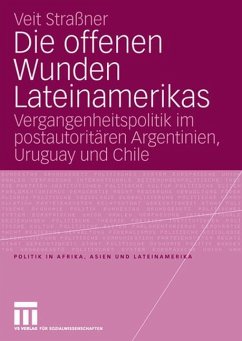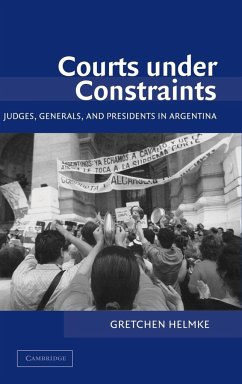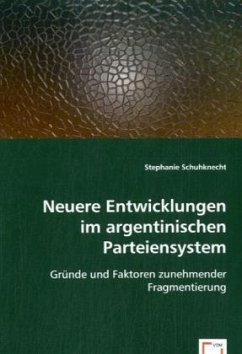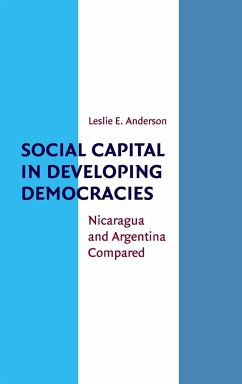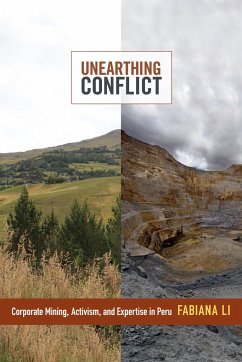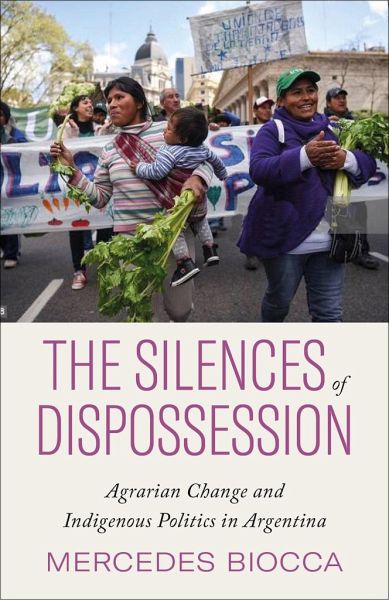
The Silences of Dispossession
Agrarian Change and Indigenous Politics in Argentina

PAYBACK Punkte
14 °P sammeln!
This book explores omissions, or silences, in previous investigations of agrarian transformations by foregrounding indigenous experiences of capitalist development. Providing a rich and detailed ethnographic study, Mercedes Biocca shows how capitalist processes are perceived, experienced, and either confronted or accepted depending on the different ways in which dispossession, resistance and negotiation have become embedded in the collective local memory.Challenging accounts that efface the agency of subalterns in shaping rural dynamics, and ignore the diversity of perspectives within indigeno...
This book explores omissions, or silences, in previous investigations of agrarian transformations by foregrounding indigenous experiences of capitalist development. Providing a rich and detailed ethnographic study, Mercedes Biocca shows how capitalist processes are perceived, experienced, and either confronted or accepted depending on the different ways in which dispossession, resistance and negotiation have become embedded in the collective local memory.
Challenging accounts that efface the agency of subalterns in shaping rural dynamics, and ignore the diversity of perspectives within indigenous groups, Biocca untangles the connections between global, national and local spatial scales in her analysis of accumulation by dispossession.
Using two case studies, the Qom People in Pampa del Indio and the Moqoit people in Las Tolderias, she presents the main transformations that have taken place in the Argentine agricultural sector during the hegemony of post-neoliberalism while centring the perceptions and roles of subalterns within these transformations.
Challenging accounts that efface the agency of subalterns in shaping rural dynamics, and ignore the diversity of perspectives within indigenous groups, Biocca untangles the connections between global, national and local spatial scales in her analysis of accumulation by dispossession.
Using two case studies, the Qom People in Pampa del Indio and the Moqoit people in Las Tolderias, she presents the main transformations that have taken place in the Argentine agricultural sector during the hegemony of post-neoliberalism while centring the perceptions and roles of subalterns within these transformations.




